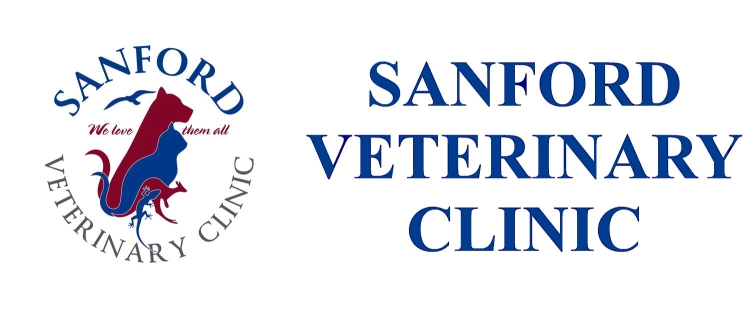Geraldton is suffering from a Parvovirus outbreak. Parvovirus or Pavo for short is a highly infectious virus that attacks the gastrointestinal tract and cardiovascular systems of dogs.
This is one of the most dangerous infections dogs can be exposed to. There is no cure. Even with the best treatment some dogs/puppies will not survive this terrible disease.
The only way to protect your dog is to have it vaccinated against Parvo. If you are unsure if your pet is vaccinated, give us a call right now on.
Parvo is resistant to heat, common detergents and cleaning products and it can remain in the environment for up to a year after an infected dog has been there. The main source of the virus is the faeces of infected dogs. These faeces can have a high concentration of viral particles. It is also found in the saliva of infected dogs.
Due to its stability, the virus is easily spread via the feet and hair of infected dogs, contaminated shoes, clothes, and other objects. Even if you don't take your dog to the park, or allow it to mix with other dogs, it can still be exposed due to the spread of the virus by other means through the environment.
Geraldton has a significant number of unvaccinated dogs which means Parvovirus is always present in our environment. The wetter conditions found during our winter may aid its spread and increase the risk to your pet dog, especially if your dog is unvaccinated or if you have allowed your dog's vaccination to lapse.
Dogs that become infected with the virus and show clinical signs will usually become ill within 7-10 days of the initial infection.
The signs of Parvo can be a sudden onset of repeated bouts of vomiting, lethargy and an unwillingness to eat, progressing to the onset of bloody diarrhoea. Parvo may affect dogs of all ages, but it is most common in puppies less than 5 months of age. Young puppies are often the most severely affected and the most difficult to treat.
As with any viral disease, there is no treatment to kill the virus once it infects the dog. The virus causes loss of the lining of the intestinal tract. This results in bloody diarrhoea, severe dehydration, electrolyte imbalances, and infection of the bloodstream (septicaemia). With the loss of intestinal lining, bacteria that normally live in the intestinal tract are able to get into the bloodstream resulting in the likely death of the animal.
Treatment is expensive and requires the administration of intravenous fluids containing electrolytes to correct dehydration and electrolyte imbalances. Antibiotics are used to combat septicaemia and anti-emetics to help control vomiting as well as pain killers.
Some dogs with Parvo infection recover if early veterinary intervention is sought before severe septicaemia and dehydration occur.
Vaccination is essential to protect your dog against Parvovirus infection. All puppies should receive their first vaccination 6 to 8 weeks of age. Your puppy will need a second vaccination at 12 weeks of age. This booster vaccine is vital to give your puppy maximum protection against Parvovirus.
All puppies must be confined to their own yard, away from other dogs, until two weeks after their 12 week vaccination. This is to ensure that the vaccines have enough time to give the puppy adequate immunity before exposed to other dogs that may be carrying the virus. Twelve months after the last puppy vaccination, your dog will require a booster vaccination every year for life.





